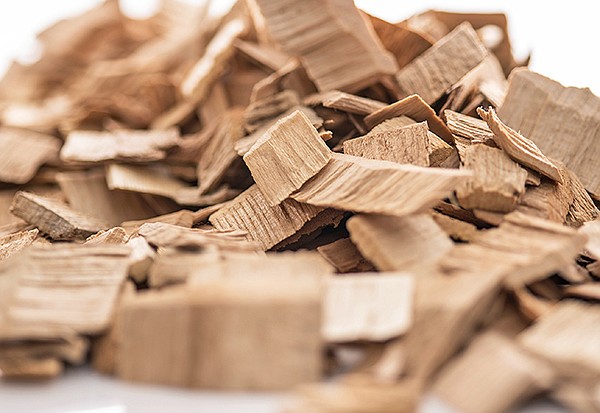CLOSING LYOCELL’S LOOP
Lenzing Announces First Virgin Lyocell From Post-Consumer Cotton
After the September announcement of an upgraded Refibra technology that increased upcycled cotton-scrap pulp composition, Lenzing, Austria–headquartered Lenzing revealed another advancement with the product. Building upon the existing process that relies on the upcycling of pre-consumer cotton scraps, which are a byproduct of cotton production, the company announced that it had increased up to 30 percent the composition of upcycled cotton-scrap pulp used in the product. On Dec. 3, it announced the completion of its second phase, which allows for up to 10 percent of post-consumer cotton waste to be used in manufacturing.
“For several years, we have witnessed a rise in eco-consciousness amongst consumers. Consumers have been demanding more-sustainable product options in their shopping list,” Florian Heubrandner, Lenzing’s vice president of global business management textiles, said in a statement. “If a company wants to truly improve its sustainability practice, it needs to reexamine its current business model and consider introducing new products or technologies with recyclability and reusability in mind.”
As it seeks to further contribute to a circular economy, Lenzing remains committed to examining ways in which it can utilize fibers from recycled sources. The company recognizes that this type of technology will help reduce its reliance on wood sources to create its textiles. Its most recent initiative has gained the recognition of environmental-conservation groups including Vancouver’s Canopy, which focuses on the preservation of forests.
“Our world’s forests and climate need these kinds of next-generation solutions at both scale and speed in the cellulosic-fiber sector,” Nicole Rycroft, executive director of Canopy, stated in a press release. “Canopy applauds Lenzing for the vision of making textile-waste recycling commonplace and for launching this commercially available product line with the first steps of post-consumer recycled content.”
Over the next five years, Lenzing hopes to create Refibra products that utilize up to 50 percent post-consumer cotton waste as it promotes fiber recycling. Lenzing’s work in this arena is based on the United Nations Sustainable Development Goal (SDG)12, Responsible Consumption and Production as the company increasingly relies on post-consumer textile waste as a source for its raw materials.
“We look forward to Lenzing’s leadership as they work to significantly increase the volume of raw material that comes from next-generation feed stocks, and we know brands and retailers are looking to preference producers who hit the goal of a 50 percent post-consumer recycled-fiber line first,” Rycroft said.






















